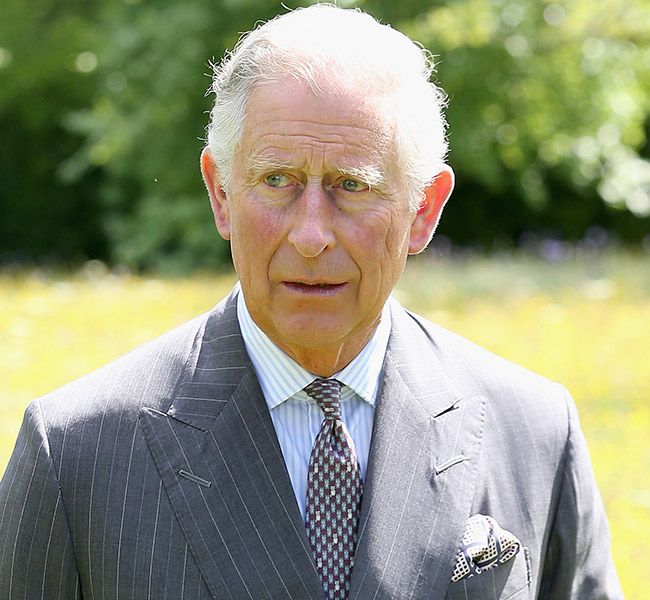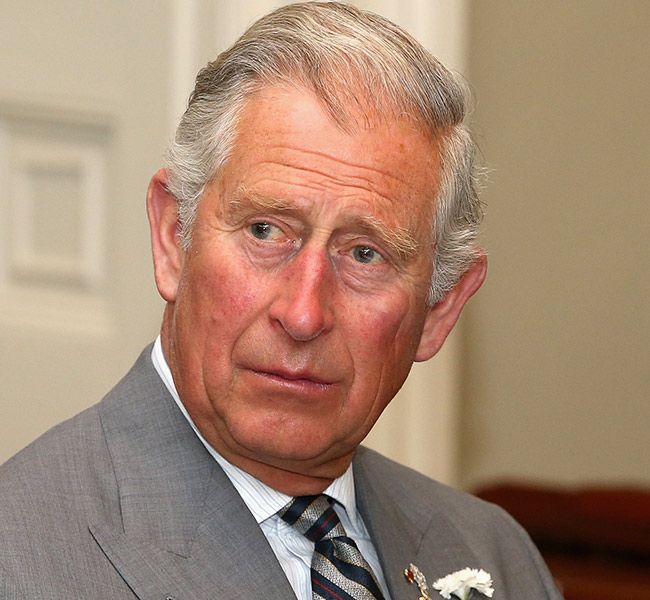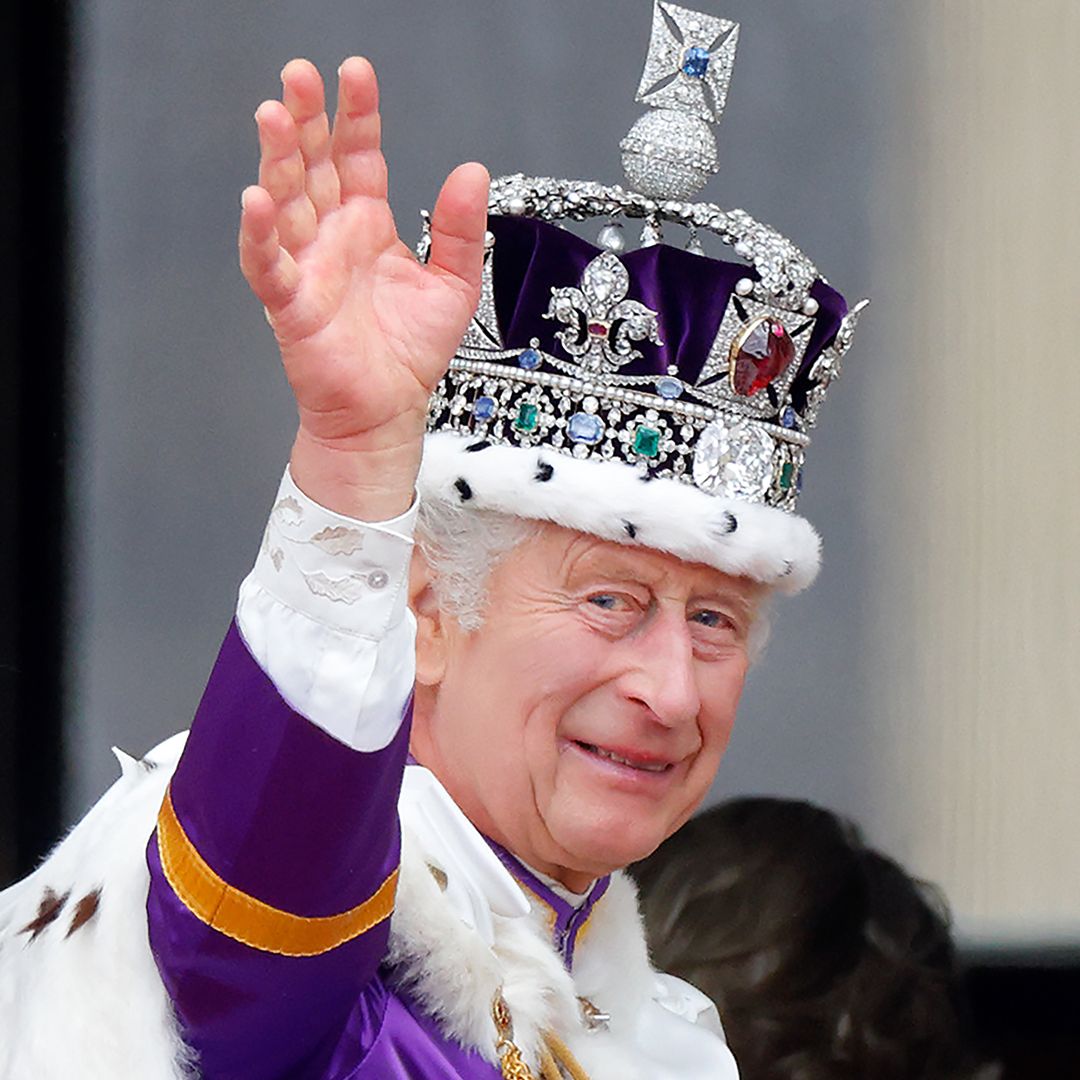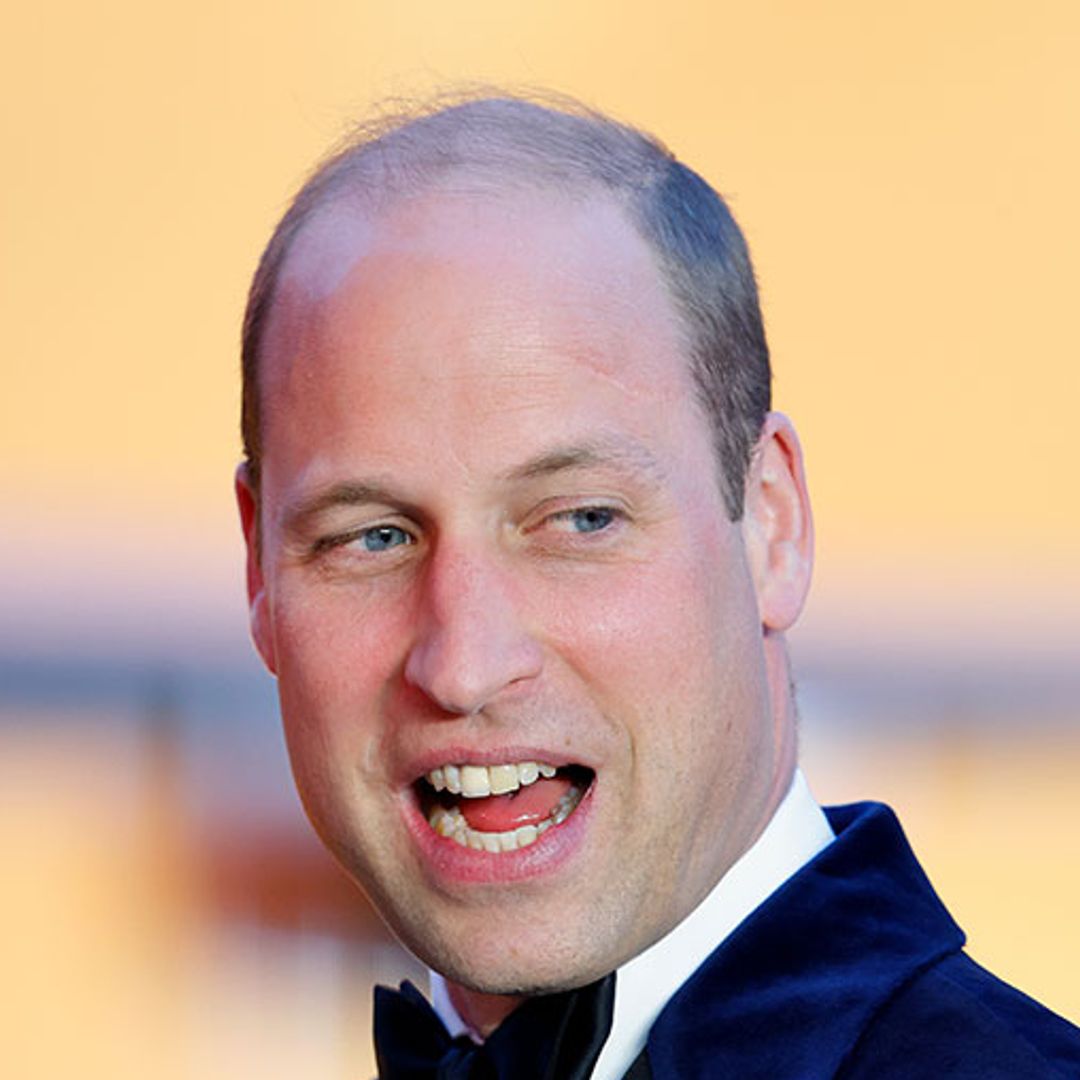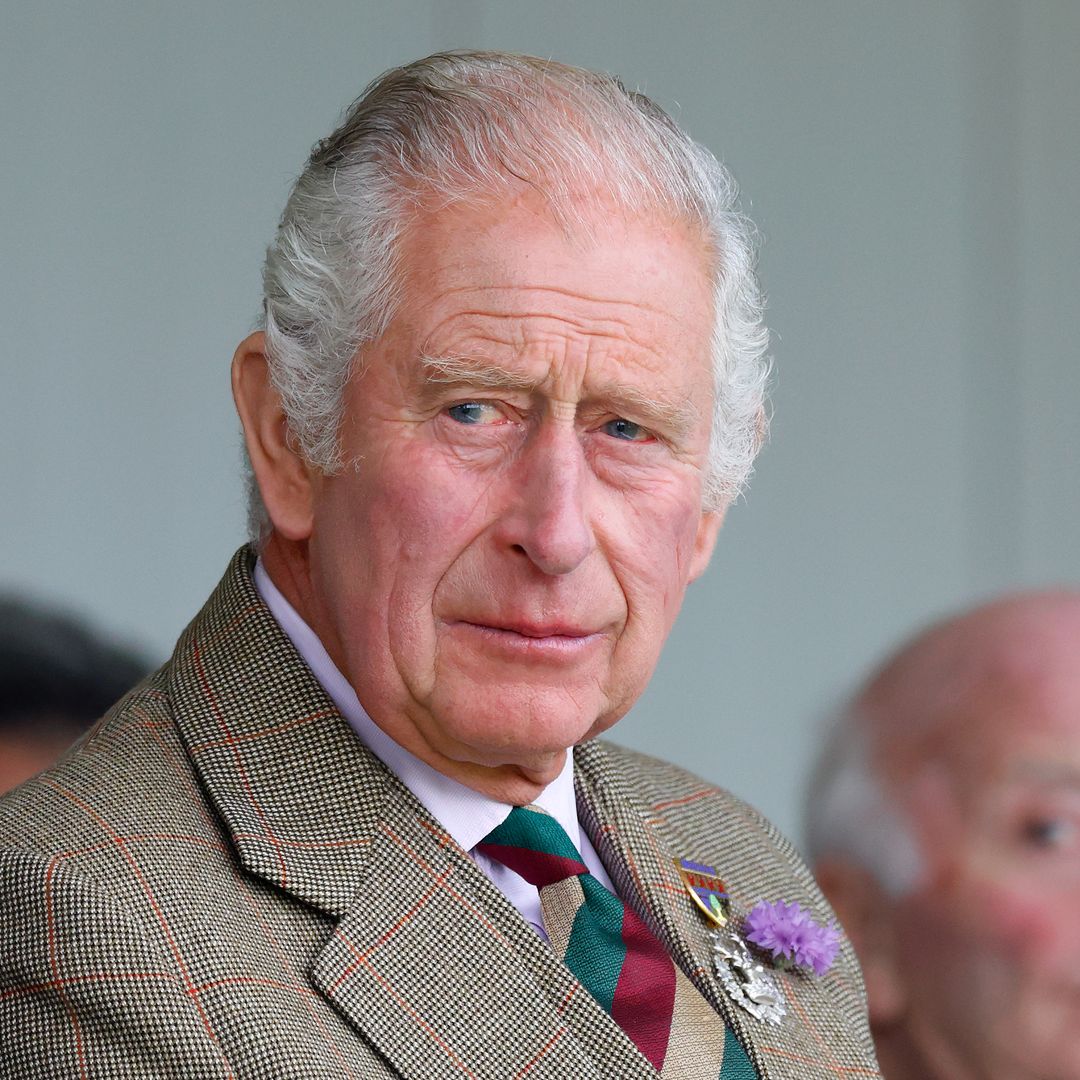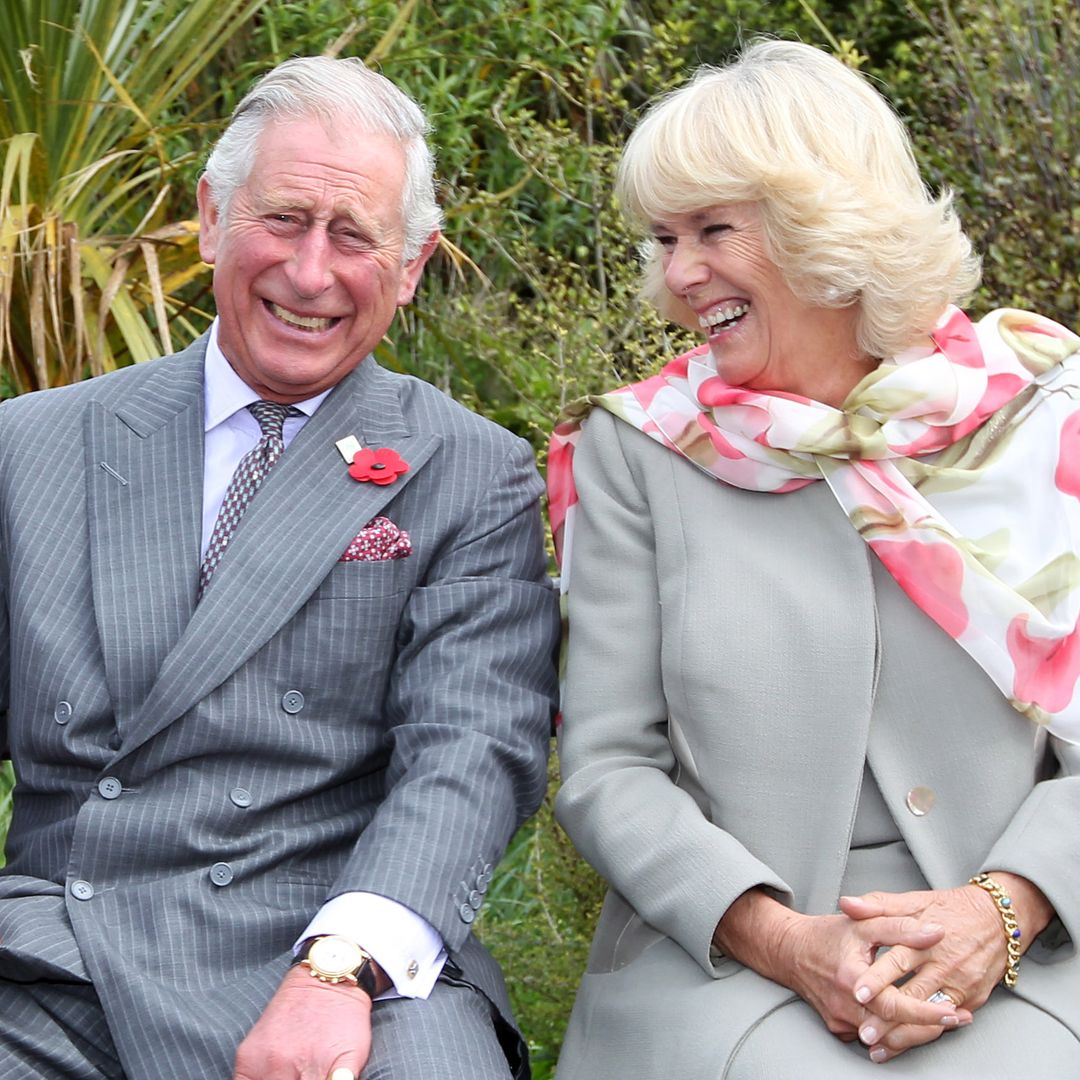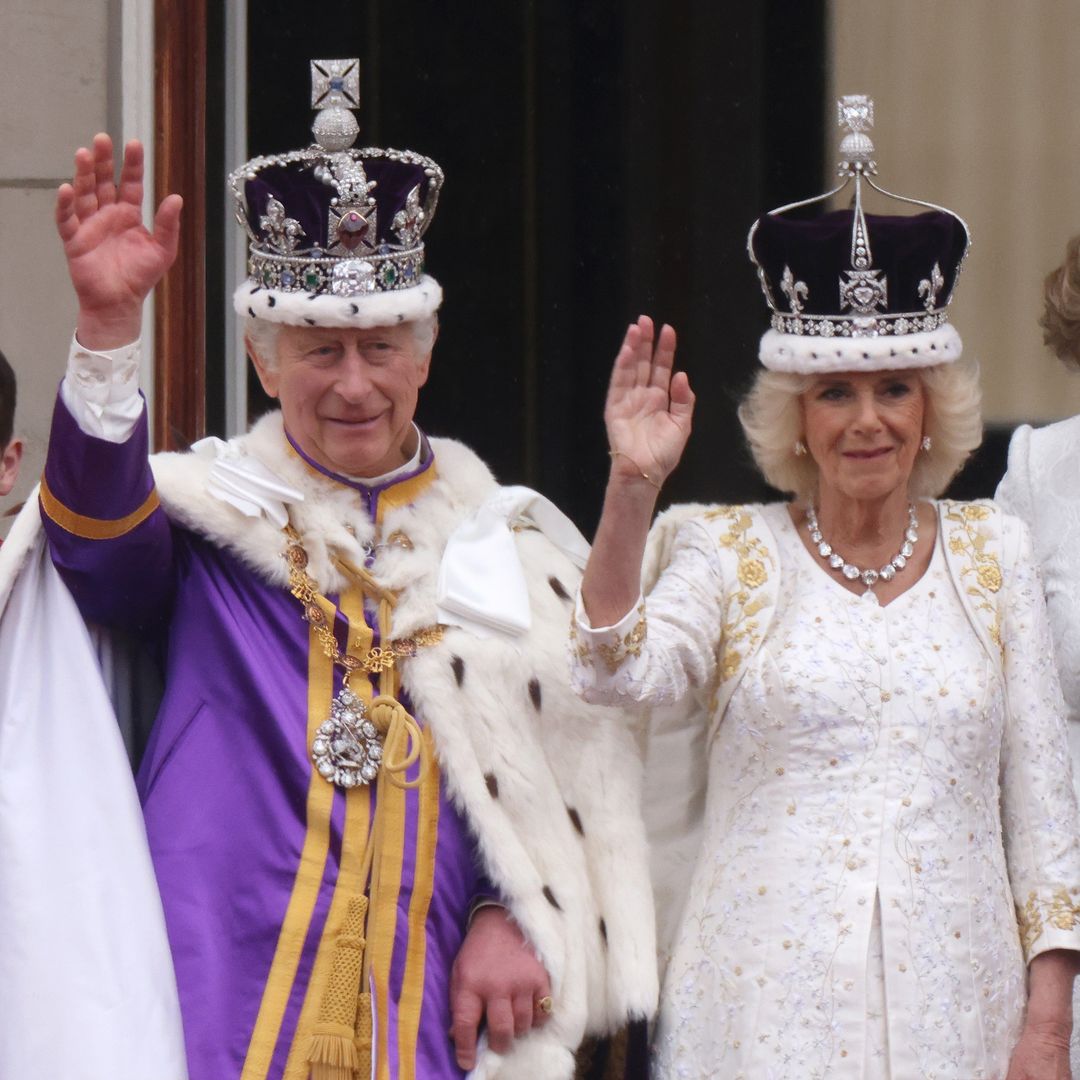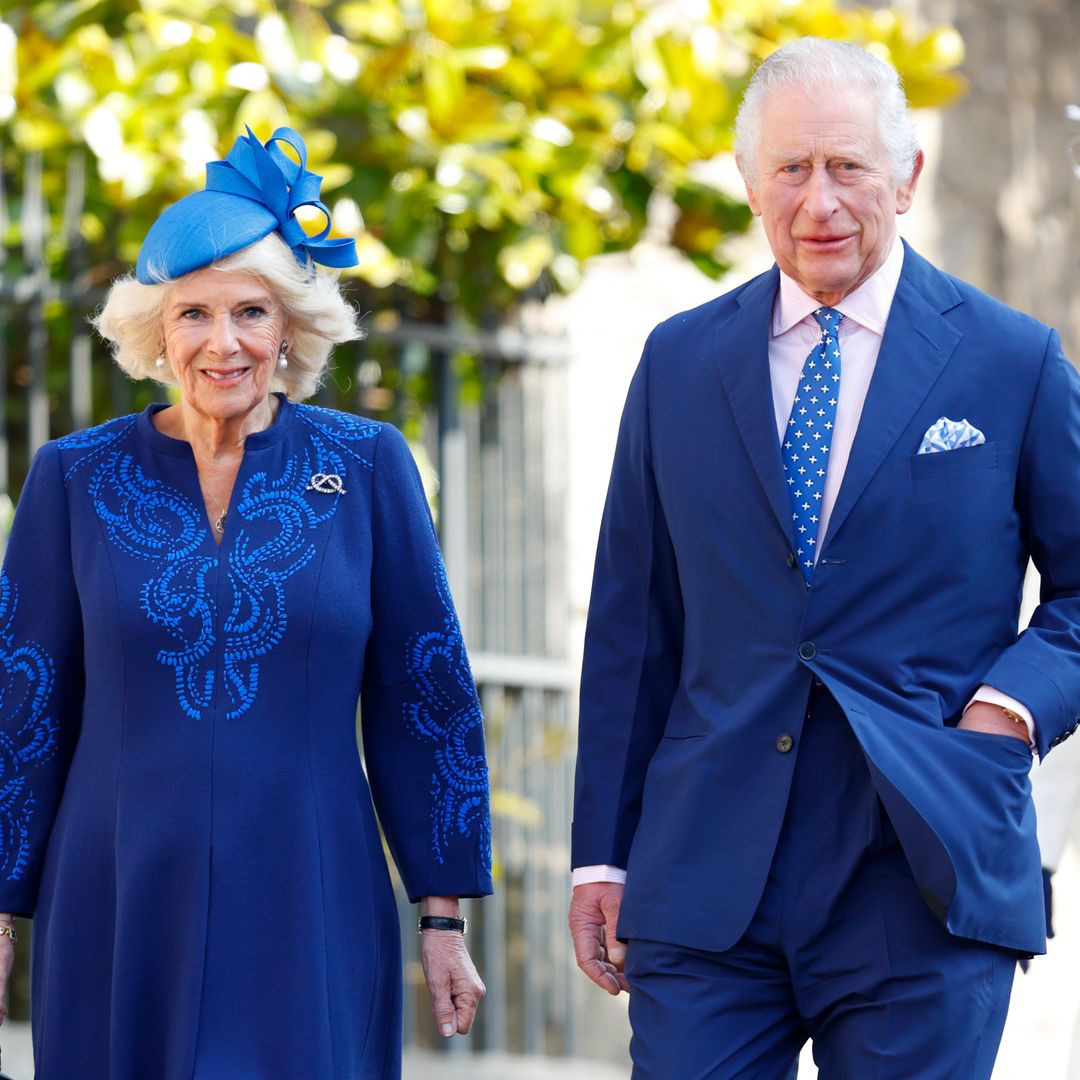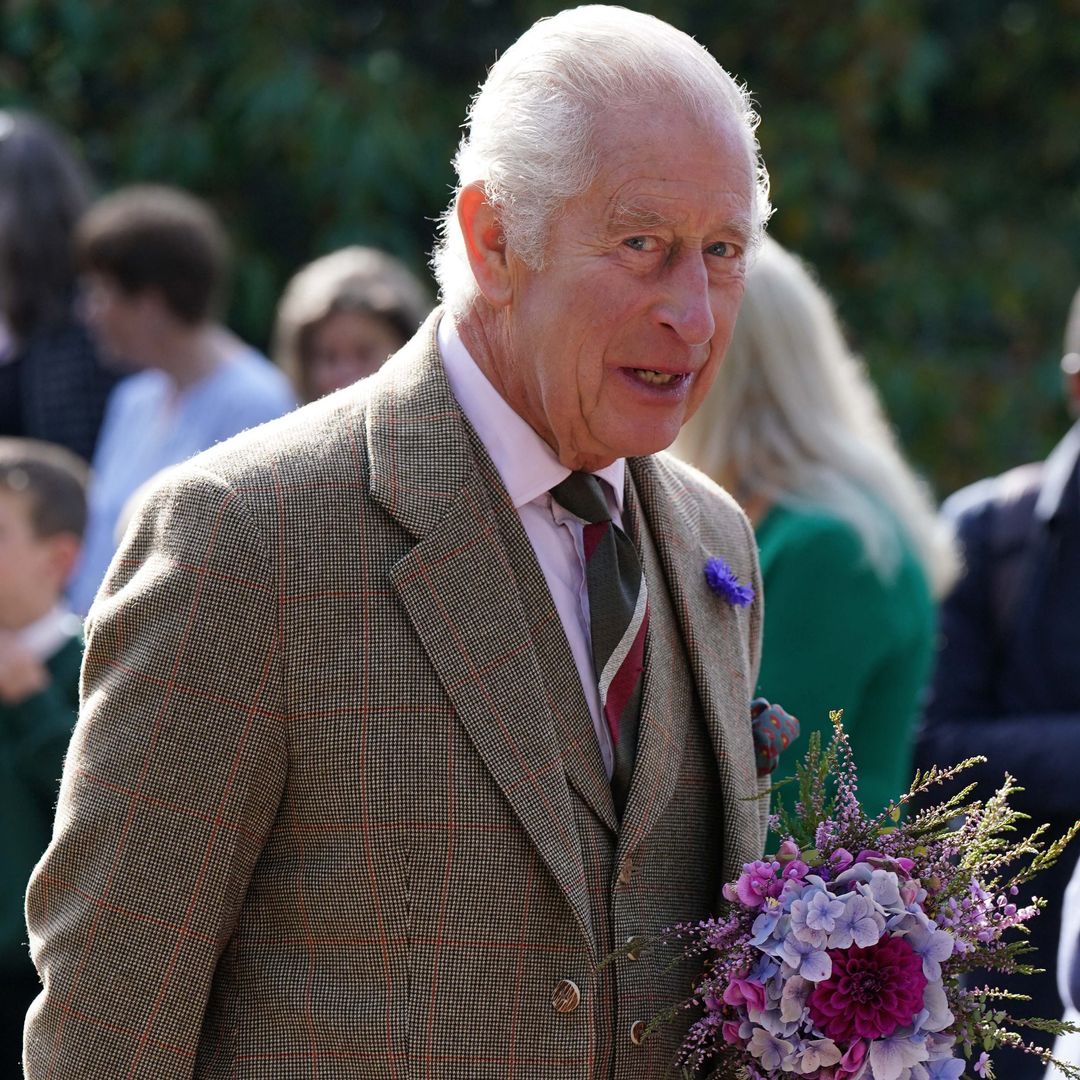Clarence House has responded to the news that Prince Charles' letters to the government will be made public. In a statement released on Thursday, the Prince of Wales' official residence said it was "disappointed" by the Supreme Court's decision that the letters can be published."This is a matter for the government," read the statement. "Clarence House is disappointed the principle of privacy has not been upheld."In an interview with LBC, Deputy Prime Minister Nick Clegg spoke out in support of Prince Charles, saying: "I think there's a perfectly legitimate role to say at a certain point that correspondence like that, which was intended to be private, should remain private."
The Supreme Court, the UK's highest court, has ruled that 27 of Charles' letters will be published
Prime Minister David Cameron added: "This is about the principle that senior members of the Royal Family are able to express their views to government confidentially. "According to the BBC, the government now has 30 days to prepare the release of 27 letters, written to seven different government departments.The Guardian newspaper began a campaign to find out the content of the letters, which have been nicknamed the 'black spider memos' in references to Charles' handwriting, over ten years ago. The publication says it has been "pressing the government" to release the letters ever since they were written between 2004 and 2005.In response to the Guardian's appeal to see the contents of the letters under the Freedom of Information Act and the Environmental Information Regulations Act in 2012, Attorney General Dominic Grieve prevented their publication, saying that they contained Charles's "most deeply held personal views and beliefs".
Clarence House has said it is "disappointed" by the ruling
Now the Supreme Court, the UK's highest court, has ruled that the decision to deny the publication was unlawful.Given the personal nature of the letters, they have been deemed problematic for the monarchy as they do not uphold the royal family's politically neutral status.As part of the British Constitution, the country's monarch should remain neutral, meaning Charles – who is heir to the throne – should not display any political leanings.

